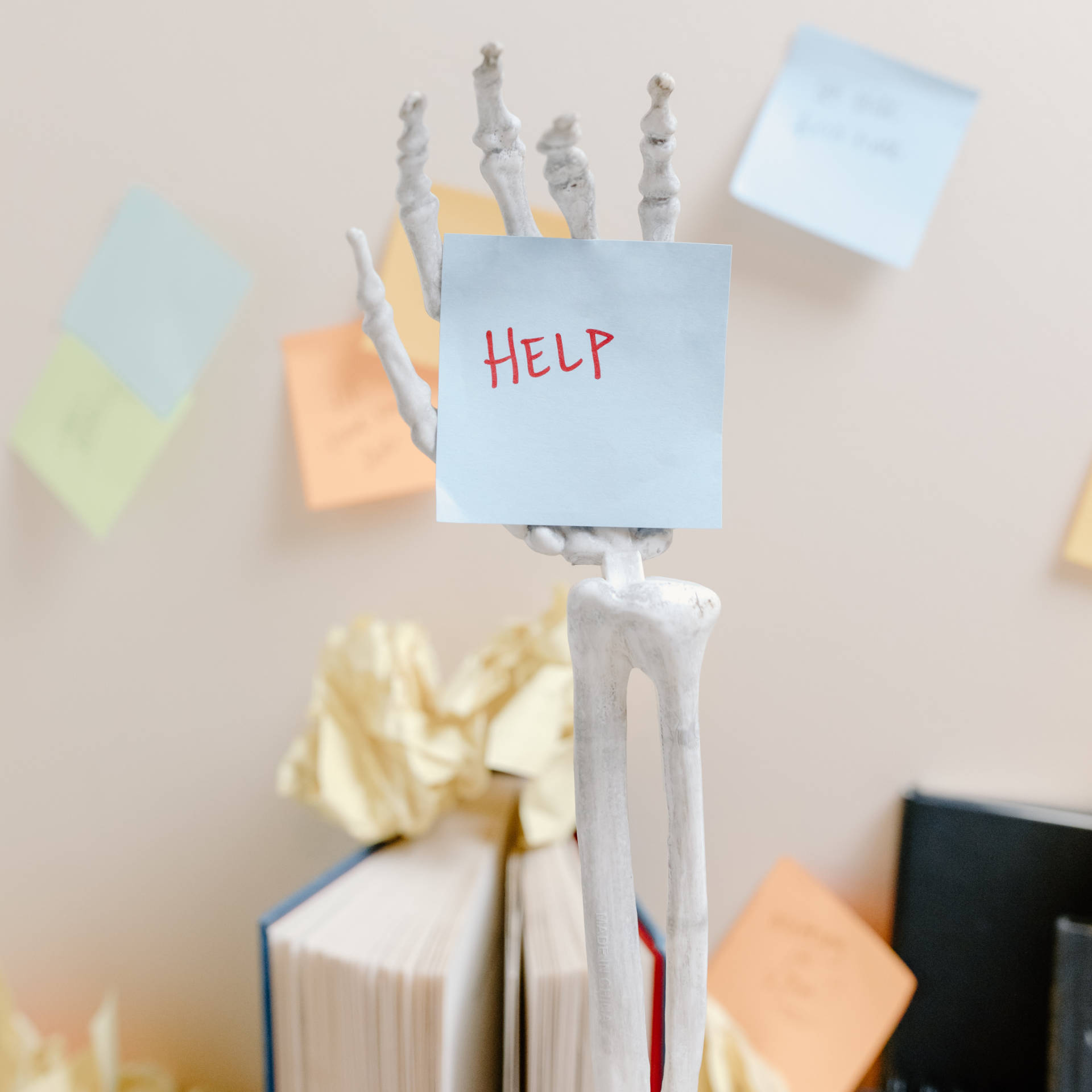The world of work is changing. Burnout is rocketing. More employees than ever are struggling to find value in their work, while the companies they work for are forgetting their most important asset – their people.
If the pandemic – and the subsequent “Great Resignation” – have taught us anything, it’s that we need to look after our people better. While many organisations have made wellbeing a priority, there are still structural procedures, policies and ways of working that stop us from driving significant change.
That’s why I’ve created the Work Reset Revolution movement: to fundamentally transform the way we work. By starting a cultural revolution in the workplace, we will lay the stepping stones for the next generation to live fuller, healthier lives … leaving them with enough energy to look after the planet. That’s because the same systems that cause burnout are the same systems we use to abuse the planet. So it is crucial that we radically change the way we work, to create a better future for our children and the world they’ll live in.
I can already see so many people going back to old ways of working. Business travel has returned, along with other procedures that are not healthy. Let’s not slip back to the way things used to be, but create ongoing change. The time to take action is now.
That action starts at the heart of major organisations and corporations. The way they’ve been operating for 40 years or more is no longer working. The focus has been on money output, and return on investment. Those policies and procedures are set up to burn people out, with no formal measures – such as wellbeing forming part of job descriptions, OKRs, and company mission, purpose and values – in place to protect employees.
Let me share some of our latest scientific research.
But first, a question. Have you ever seen or witnessed something at work that went against your own values and beliefs? Did it leave you feeling shocked, upset or angry? Did this go on for a while? Was it something you found hard to let go of ?
If so, you may have experienced moral injury. Ever heard of it before? The term refers to the lasting strong cognitive and emotional response that is caused by witnessing, or failing to prevent, an action that goes against our own values. Typically, moral injury research has been conducted in military settings, and more recently in healthcare. It was first coined by psychiatrist Jonathan Shay, as a result of his work with traumatized Vietnam war veterans, and was later brought into wider academic recognition by Dr Brett Litz’s work, also with veterans. But there have been repeated calls for more evidence to understand the extent of moral injury in other occupations, and especially in a business setting. Which is why we conducted this innovative new research with Sheffield University in England.
And the hard evidence is there – moral injury is rife in organisations. It can contribute to, and even cause, burnout, if not addressed or resolved.
Working with Sheffield University and Affinity Health, we conducted qualitative and quantitative research – which means we not only interviewed groups of people to test and evaluate the research; we also underwent stringent quality control as well as an evidence review.
Our research demonstrated that the emotional and work-related outcomes in the short term were things such as reduced professional efficacy (a warning burnout symptom), concern for impact on career, avoidance of work, reduced engagement (another warning burnout symptom), feelings of isolation, depression, apathy, powerlessness, embarrassment, anger and betrayal.
But even more worrying are the long-term effects of moral injury, such as sickness absence, loss of trust and commitment, grief for lost identity, cynicism (another burnout warning symptom), guilt and shame, a need to resolve, and eventually burnout.
What is interesting is that all the people who were interviewed by our psychologists, and who had suffered moral injury, eventually LEFT their employer and, even months after leaving, the moral injury was still troubling them. What a loss of talent!
This explains a contributing reason for the great resignation. People are leaving in their droves because their values, mission and purpose are no longer aligned with that of their organisations. In fact, there is a huge misalignment. I believe many of them are suffering from moral injury and/or burnout. We need to get to the root cause of toxicity in the workplace, and we need to do this scientifically, identifying and tackling moral injury and burnout head on – by helping companies identify the employees who are going to burn out BEFORE they actually do.
As a leader and manager, what can you do to help your teams?
- Develop leaders who are ethically and authentically oriented; those who are aware of their values and moral system.
- Encourage a culture where leaders take responsibility for their actions, are able to acknowledge mistakes and show vulnerability.
- If you are a manager, balance the urge to protect your team with the need to protect yourself.
- Focus on honest and open communication rather than shouldering all the pressure and stress yourself.
As an individual who has felt moral injury, there is a structural organisational issue in place that needs to be resolved. But there are small steps you can take to help yourself.
- Look for allyship and support either within the organisation, or outside through friends, family, or a coach or counsellor.
- Invest in self-care and prioritise recovery time.
- Although it may seem out of your control, try and find elements of the situation that you can control.
And as an organisation, you have the most power to change. But where do you start?
You take our business wellbeing assessment, a 90-second psychometric test to assess the risk of burnout. We have included a measure that has been researched and tested to identify the risk of moral stress and moral injury. Created with Sheffield University and psychologists at Affinity Health at Work, this is a groundbreaking new way to measure moral injury in a business setting and to assess the risk of burnout so businesses can quickly get to the root cause and minimise burnout for its employees
If you would like to read our research paper on moral injury (we also have more recommendations for employers and managers), head to our science page where you can download it for free.
We KNOW we need to understand burnout better. We KNOW we need to prevent it with evidence-based solutions. Measuring burnout is a catalytic step in the Work Reset Revolution. In the meantime, as the world is speeding up, make sure you take time to slow down and cut out what you can. The speed of change is causing trauma and burnout so please don’t resist the change. Accept change and take it slow.



